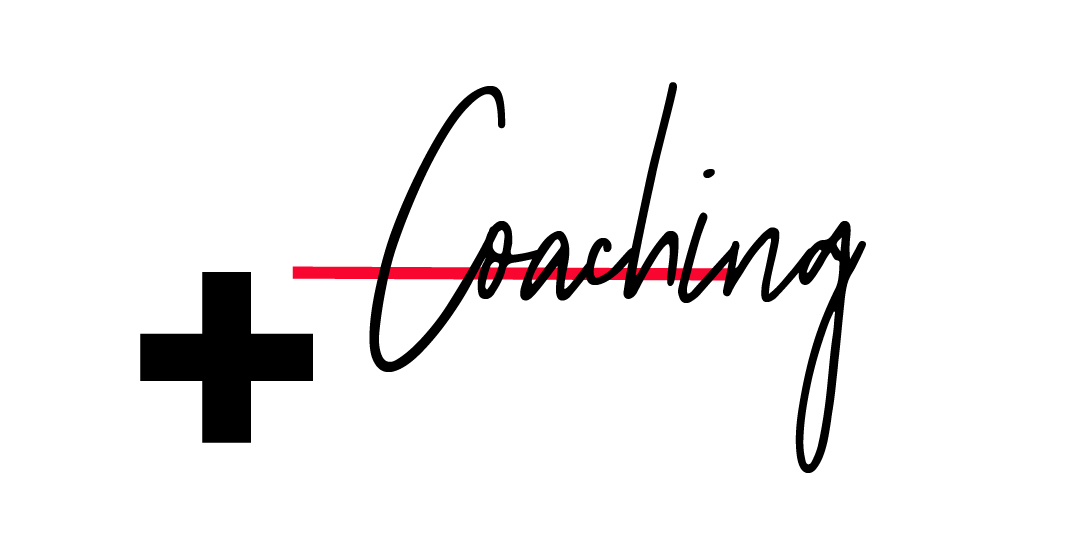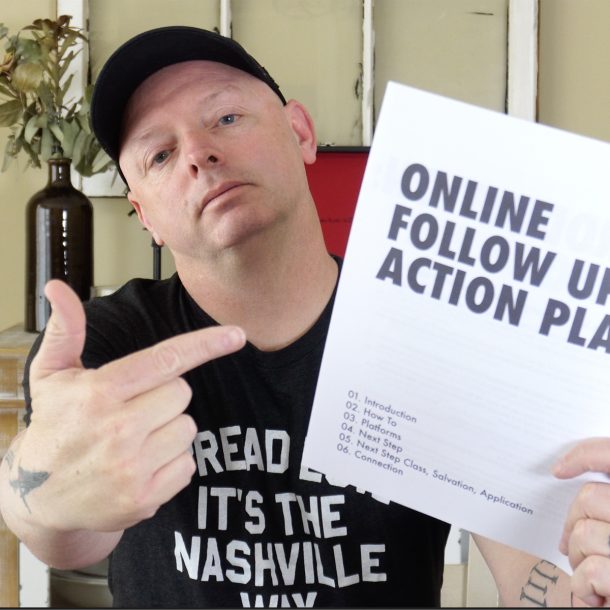Remember when we first started? Every day we did something for the first time. Innovation was not a goal, it was a necessity…and it worked. It worked really well. In fact, it worked so well we found some things we got REALLY good at doing and we shifted from innovating to executing. During that shift, we started to get scared of innovation because innovation and new ideas might change the methods we found that worked. We traded new ideas and innovation for successful execution. It’s an honest situation, but it gets scary. When we stop innovating and ONLY execute, we stop growing creatively.
It’s a fight every single day to avoid this very tempting trap. Never sacrifice great for good. So, how do we make sure we continue to innovate? How do we get unstuck if we have slipped into “execution only” mode?
1. Identify the innovators on our teams. Who are the people who have not gotten sucked into the norm? Lean on them. Usually, they are going to be new to our organization. They tend to be young and not know what is or isn’t acceptable. Some of them may be attendees or volunteers. They have a different lens and filter. It’s key to LISTEN more than we TALK to these people. Empower them to use their voice…it does not mean you’re a bad leader, it actually means you’re a smart leader.
2. Ask Questions About Everything. Questions inspire creativity. Statements cement fear. Why can’t we change this? Why would we not want to try something different. How can we make this better. How will people respond if we adjust this thing?
3. Embrace Teams. If we have ideas we know will work but we don’t have the bandwidth to pull them off, create a team to work on the idea. Pull people from other areas and task them to work together. It will help your creative culture and help get things done. An hour of intentional work will move the ball. Further, people working on projects that are outside of their area will be more creative through the process. This is a great space for testing before an idea gets too costly or too far down the line if it’s not viable.
4. Focus on passion, not job description. If someone is passionate about something, create space for them to work on that idea or project. Just because it doesn’t fit in their job description doesn’t mean they can’t excel at these endeavors. Some of our best projects or ideas will come from passion, not paper.
5. Study Others. As connected as we all are, we can learn from one another better now than at any time in our history. Use twitter, Facebook, internet campuses, podcasts, blogs, and email to find out the HOW and the WHY of people we admire. Technology allows us to be closer than ever. Take advantage of the tools, but don’t stop studying. Always be ready to share what we are learning with our teams. This will also help you identify some unique new ideas that may not be happening in your community or in the world, for that matter.
6. Be Intentional With Creativity. Don’t assume ideas are coming. Change the canvas often. Be intentional with creating space for ideas to be developed. Invest in creativity and culture. It does not have to cost a lot to break the norms of the day. Getting out of the routine will help you get back to everyday innovation.
7. Put Execution Into Vision. I know it sounds like an odd idea to break out of execution mode by executing, but our new ideas will never change our norm if don’t put them into action. As we develop the new things God has for us, we have to be sure they fit into our vision. If they don’t, we are just trying to be cool or different for the sake of being cool or different. That is never successful. Never waiver for the vision, but never let grass grow under our feet by not putting ideas into action.
How do you fight the temptation of executing more than you innovate?





Man, you are on a roll!! I started reading your blog after a friend of mine retweeted you and it’s been extremely encouraging!
I am a new worship leader at a small multisite church. It’s been tough, but your blog articles have really helped me to stay hopeful and keep my focus on Jesus and the creative person He has created me to be.
I appreciate what you are doing! Please don’t stop!
So many great points in here! One question though. Are some people just made to execute great ideas, or should we all strive to be originators? It just seems that some people are more intrinsically motivated to be innovative than others.
Some people are created to execute ideas. But there is an art to even that task. The key is to make sure we are being the best artists possible. Thanks for the comment!